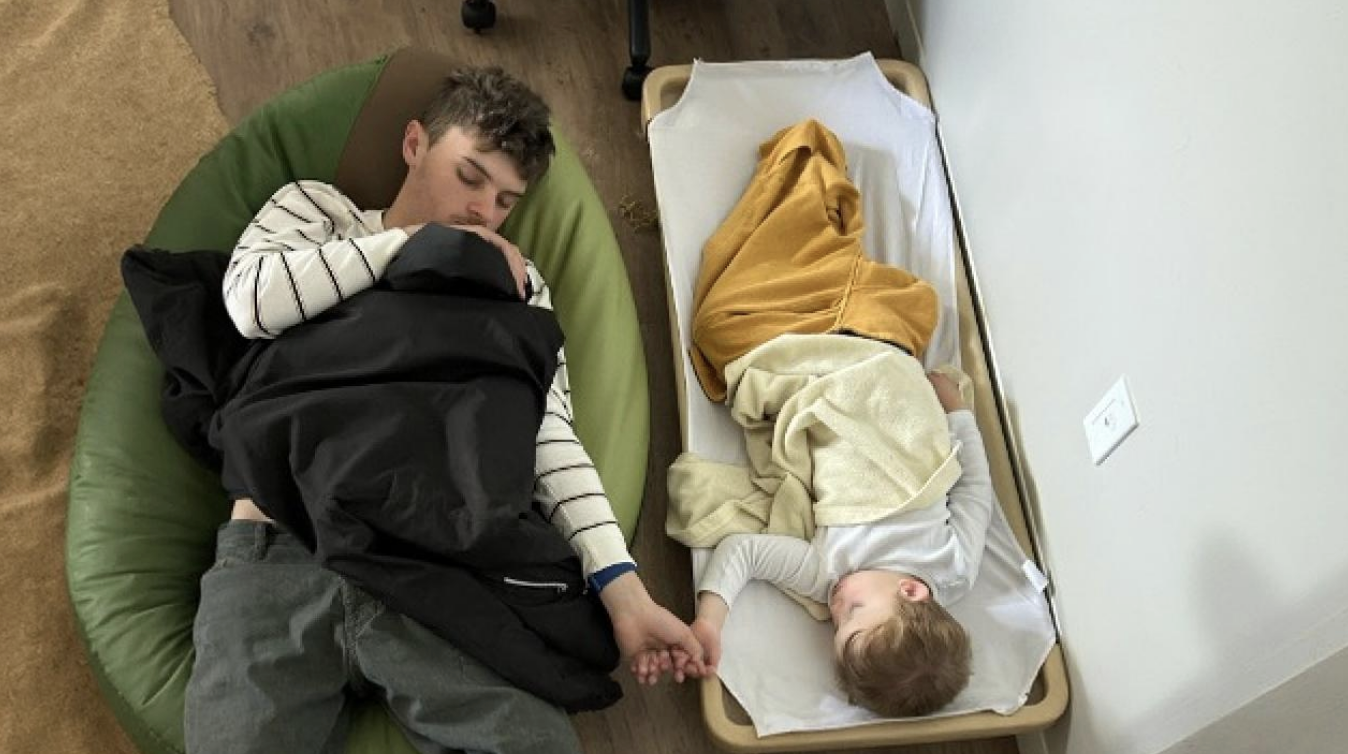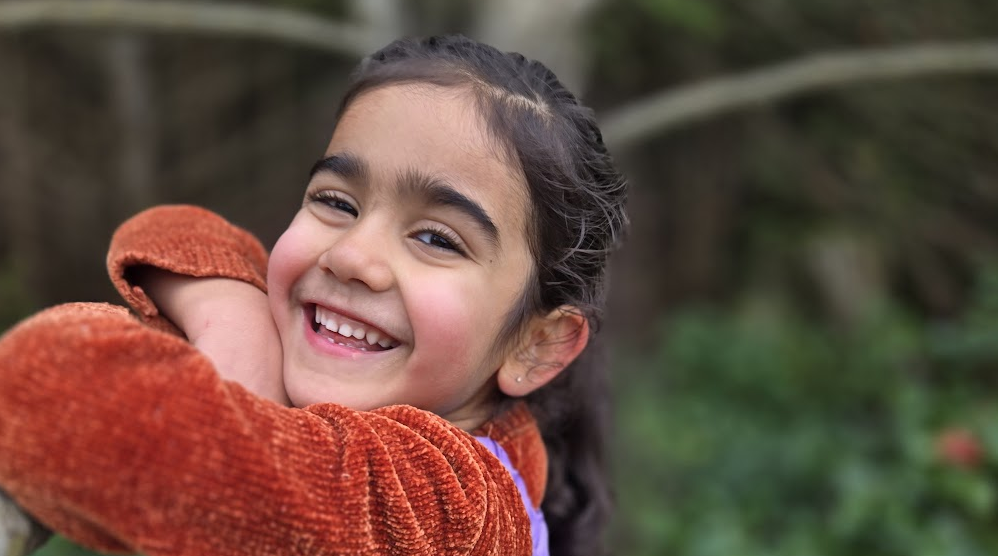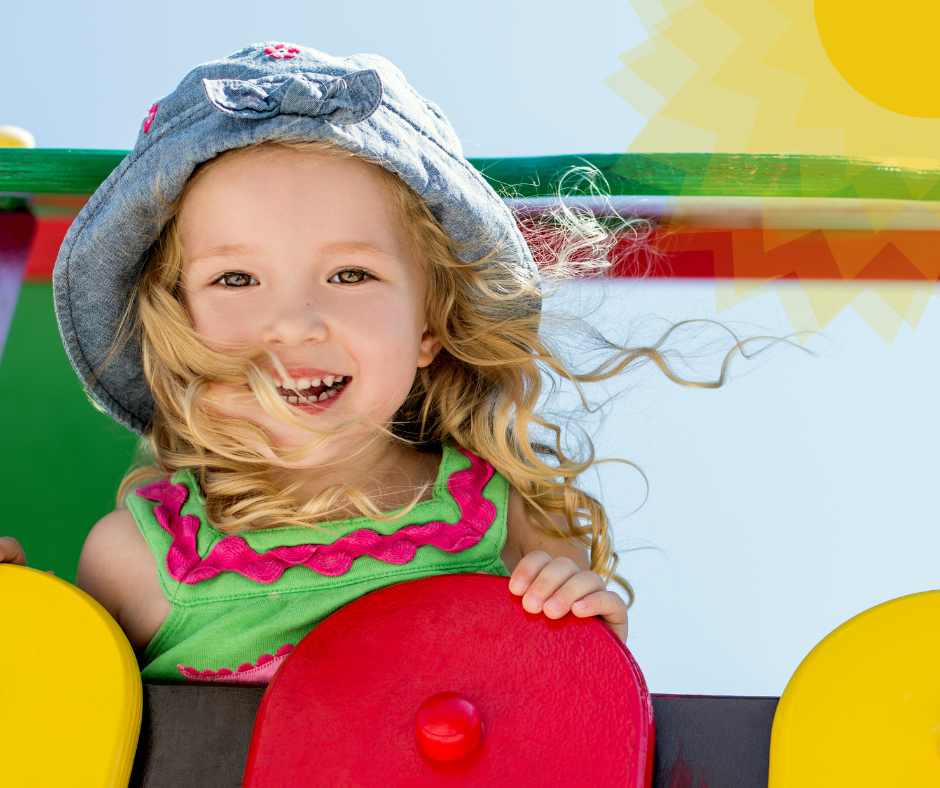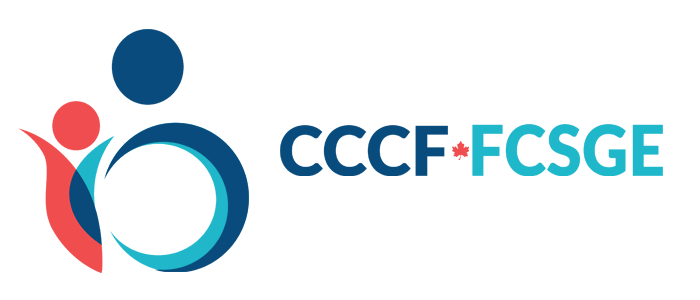In Canada today, families come from many different backgrounds and reflect a wide variety of cultures, languages, life experiences and lifestyles. This trend has continued into the new millennium, making diversity a key dimension of our past, present and future. Given this reality, children are likely to live and learn with people who may be very different from them. To prepare children for life in a diverse society, and to help protect them from bias and discrimination, families and teachers can encourage children’s positive feelings about themselves while fostering understanding and acceptance of differing beliefs, values and traditions.
Learning about similarities and differences
We want to promote positive attitudes and behaviours. But when and how can we help children learn about human similarities and differences? Derman-Sparks suggests that we begin in the toddler years. Our words and actions in support of diversity will differ depending on each child’s “age and stage,” yet some common principles and strategies apply throughout the early years:
✓ Help children feel good about themselves by giving them positive encouragement about who they are, what they look like and what skills they are learning. This can be done without making comparisons to others. Positive self-identity does not have to be at someone else’s expense.
“What beautiful brown skin and brown eyes you have.”
“I really like the picture you made.”
“I enjoy when we talk together and you tell me about your thoughts and feelings.”
” When discussing diversity, stress human similarities first, then help children appreciate people’s differences”
✓ When discussing diversity, stress human similarities first, then help children appreciate people’s differences.
“Everyone needs food, shelter, friendship and love – but people have many different ways of meeting their needs. Our family’s way is just one way. If we try out other choices, we might enjoy them just as much as what we’re used to. People have all sorts of ways of doing things that are different and interesting – it would be boring if everyone did exactly the same things!”
✓ Families and teachers can provide children with lots of positive examples of human diversity. Select books, pictures, toys and games showing people of different races, all ages, both sexes and differing abilities as capable and involved in all types of activities. Through your words and deeds, model interest in a variety of people and in differing beliefs, behaviours and customs.
“I’ve never tried sushi before; here goes!”
“I wonder why our neighbour has those red banners beside her door – let’s ask her.”
“We’ve never celebrated Halloween, it’s not part of our culture. Let’s ask your teacher more about it.”
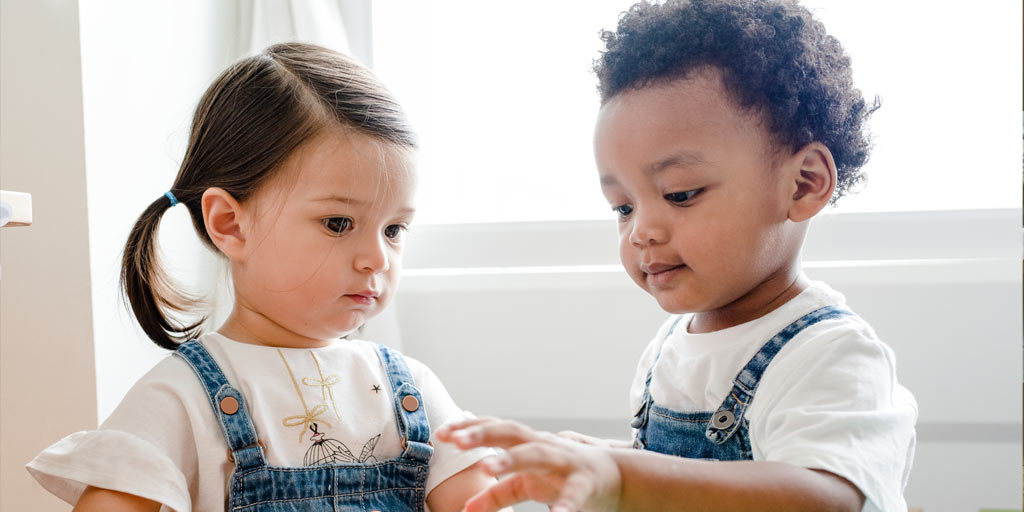
✓ To help foster critical thinking about bias, encourage children to consider what is “untrue” and “unfair.”
“How do you think you’d feel if other children wouldn’t let you play just because of how you look, or what you wear or how you talk? “
✓ Help children to understand their rights, to make choices and to act in ways that reject bias.
“If someone calls you a name that hurts your feelings, you can tell them they’re wrong and they shouldn’t do that. You can ask the teacher for her help if anyone does that to you, or if you see someone doing that to somebody else.”
These examples suggest ways to support anti-bias learning in young children. As with all other learning, repetition is important. Children will need many opportunities, over and over again, to explore similarities and differences, to try out new experiences from different traditions, to meet and get to know people from different backgrounds, and to ask questions – even embarrassing ones that we might not have easy answers for!
We don’t need to have “all the answers ready” before discussing anti-bias topics. Our own positive self-identity, our interest in, curiosity about and respect for others, and even our ignorance or misunderstandings, are all part of the journey toward honouring diversity. As children first watch and then join us on this journey, they will gain the attitudes, knowledge and abilities they need to respect and appreciate diversity – essential skills for us all.



